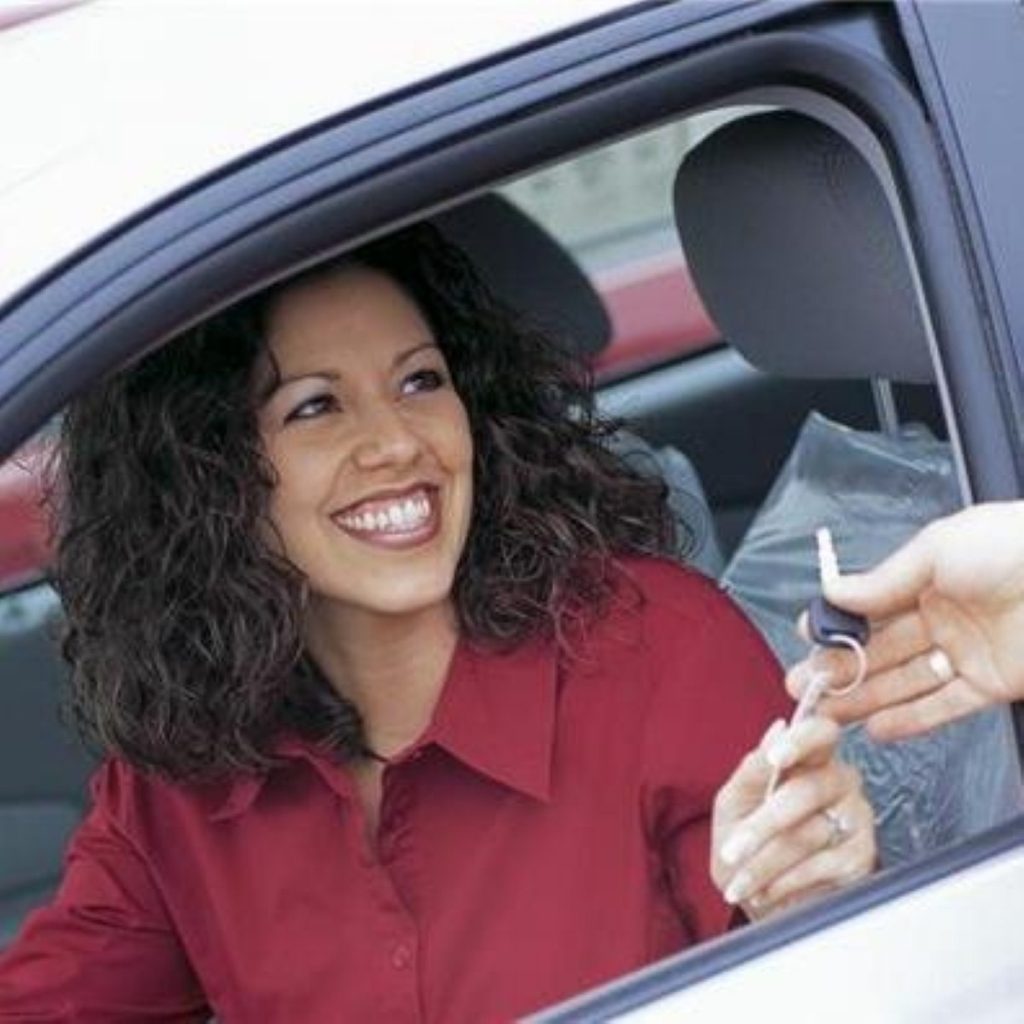Govt bid to replace cars as rite of passage
Young people leaving school or starting their first job will be targeted by the government under efforts to encourage people to switch to public transport.
The Department of Transport (DfT) accepts learning to drive and buying a first car has become a key rite of passage for many young people.
With a long-term aim to reduce private car use and increase use of public transport, the DfT hopes other landmark occasions, such as employment, moving out or a serious relationship, will replace the car as a right of passage.
Research commissioned by the DfT recommends initiatives to target young people at key “trigger points” in a bid to encourage them to swap their cars for buses and trains.


Transport minister Rosie Winterton said the transition from education to employment could be a key time to target young people with pro-public transport messages.
But the DfT accepts it is not just facing cultural challenges, with people of all ages criticising the frequency and reliability of public transport.
Ms Winterton said: “This research shows us valuable new directions we might be able to take transport policy in the future.
“Offering alternatives to the car at key points in young people’s lives could play an important part in our efforts to encourage them onto public transport at an early stage, getting people into the habit for life.”
Ms Winterton said the research reinforces the importance of the forthcoming local transport bill, which will help local authorities address key transport concerns including the reliability of services.
The DfT notes, however, that a public transport system can only be financially stable if people chose to use it more at the expense of their cars.
Today’s research identifies “significant hurdles” in targeting this message at young people, who – potentially because of the novelty factor – see driving as a leisure activity in its own right.
Aside from the importance young people attach to their cars, the report also notes various factors can make public transport unappealing, including poor services, badly maintained buses and trains and the hostile attitudes of some officials.
Pessimistically, the report concludes there is no obvious way of increasing the sway of environmental concerns among young people.
It found young people often rate convenience more highly than environmental issues, or doubt the significance of their individual actions.

